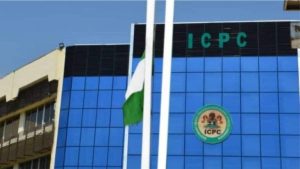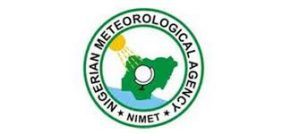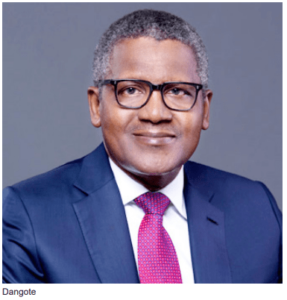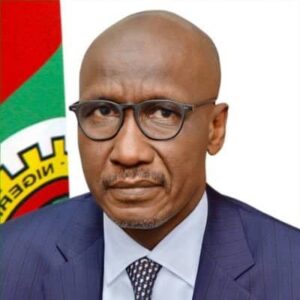Stakeholders Seek End to Paucity of Funds, Multiple Charges in Aviation Sector

The Aviation Round Table (ART), a stakeholders’ advocacy forum in Nigeria’s aviation industry, has called for critical reforms around taxes, infrastructure and funding with a view to creating a conducive environment for the industry to thrive.
In a compelling welcome address delivered by Ademola Onitiju, President of the Aviation Round Table (ART), at the Quarter 3 Business Breakfast Meeting, held Thursday in Lagos, the ART expressed unwavering commitment to elevating the nation’s aviation sector to global standards of safety, security, comfort, and profitability.
Emphasising the need for innovative solutions, Onitiju highlighted the advocacy for a Public-Private Partnership (PPP) funding model to propel the sector forward.
“In the light of paucity of funds available to governments globally, the ART has variously advocated the adoption of the Public -Private Partnership (PPP) or P3 Projects funding model to ensure the delivery of public transport infrastructure and initiatives using the instrumentality of long-term contract that embraces funding, planning, building, operation, maintenance and divestiture.
“This approach would be particularly useful in the procurement and acquisition of hi-tech aviation infrastructure which requires highly skilled workers and significant capital outlay,” Onitiju said.
Highlighting the theme of the meeting – Nigerian Aviation Sector Charges, Duties, & Tariffs: Truly Exorbitant? Onitiju urged participants to focus on addressing controversies surrounding all charges in the industry.
President underscored the importance of tax incentives, exchange rate preferences, and removal of charges at dormant airports to foster growth.
He urged the government to create a conducive environment, strengthen local airlines, and attract serious investors to enhance capacity and international competitiveness.
“Tax holidays and rebates for fresh entrants who operate low- fare carrier flights together with the removal of charges at dormant airports could catalyse growth in the sector.
“The Nigerian government must be deliberate in the creation of the needed conducive environment to provide a level-playing field, strengthen local airlines and encourage serious investors to come into the sector to boost capacity and international competitiveness.
“Our charity must begin at home. We must strengthen Aviation agencies and allied institutions through an aggressive and purposeful master plan for human capital development to include the re- engagement of retired but mentally agile experienced technical personnel to address the extant deficit of inspectors and regulatory enforcement personnel as a short-term measure,” Onitiju said.
In addressing immediate challenges, Onitiju called for a strategic human capital development plan, including the re-engagement of retired technical personnel.
He emphasised the sector’s role as a catalyst for socio-economic growth and development, supporting over 240,000 jobs and contributing over $1.7 billion to the economy.
According to him, the ART, at the forefront of advocating transparency and due process, proposed a Presidential Executive Order to boost airline fleet size and recommended measures like code sharing, interlining agreements, and a one-ticket-all-destination method for passenger convenience.
To tackle issues such as flight delays and wildlife strikes, the ART suggested the adoption of advanced technologies and the construction of perimeter fences around airports.
Furthermore, the need for ethical reviews of airline operators’ behaviours and a review of air services agreements to prioritize national interest were highlighted.
In the context of global agreements like the Single African Air Transport Market (SAATM) and the African Continental Free Trade Area (AfCFTA), the ART called for a scrutiny of their impact on Nigeria’s aviation interests.









